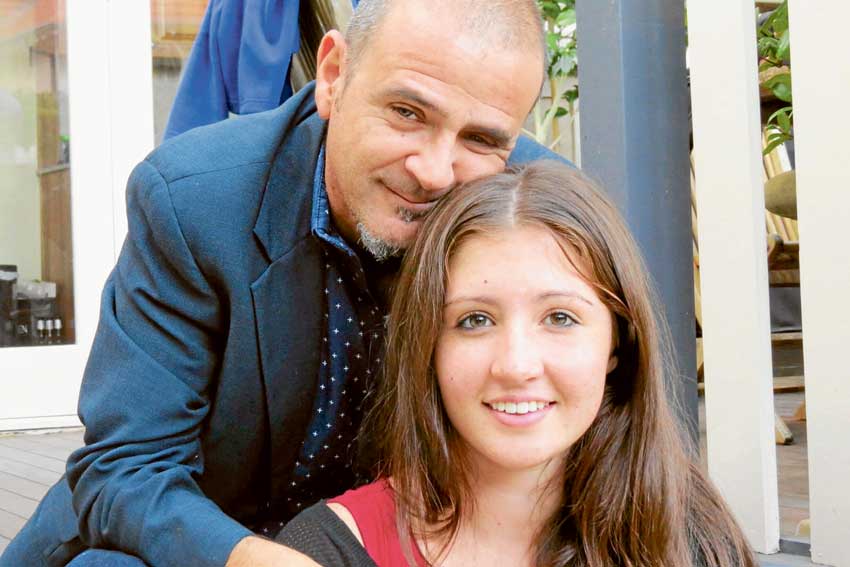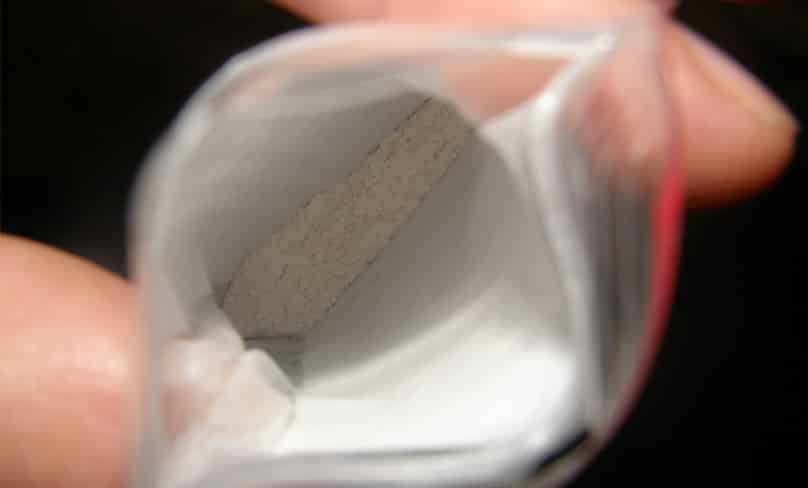
By Paul Dillon
Often after finishing a Parent Information Evening someone will approach me and thank me for the talk and then say something along the lines of “… but my child has just finished school and had no real issues. I can finally take a breath – I got through!”
They usually look so relieved and proud of themselves and their teen that I usually don’t have the heart to tell them that as far as alcohol and other drugs are concerned, things are likely to have only just begun!
While there is the perception that alcohol and other drug use is ‘spiralling out of control’ amongst our school-based young people, research reveals that, for the most part, this is just not the case.
We have more 12-17-year-old non-drinkers in our secondary schools than we have had since records began in the late 1990s. Cannabis use has risen slightly in the past few years but is almost half the rate that we saw 20 years ago. Use of all other illicit drugs, apart from ecstasy, is either declining or steady.
Unfortunately, ecstasy/MDMA use has recently doubled amongst secondary school students, with 16% of 17-year-old young men now reporting lifetime use.
Related article: A father’s plea to all parents
Sadly, when they leave school, we know that they are more likely to drink to excess and the use of illicit drugs can ‘spike’ dramatically. They come into contact with different social groups, are legally able to attend licensed premises and events, but most importantly, they have left the protection of school.
As I often say to a group of Year 12 students, “You are about to enter the most dangerous years of your life – 18-21 for young women and 18-25 for young men!”
We can provide them with the best education and put laws into place in an effort to keep them as safe as possible, but the reality is that this is a period of their life when they will take risks.
Unlike their school years, they are likely to have more freedom and greater access to riskier activities due to their age. The one positive thing for parents to remember is that they now have more life experience and hopefully, if something does go wrong, they are more likely to know how to respond.
Enzo Congiu’s story of his daughter Marli’s death is heartbreaking. Having only graduated from high school months before, it highlights just how dangerous this period of a young person’s life can be.

There are no easy answers here but if your child, no matter how old they are, is going out for an evening, here are a few things that you can do to possibly keep them a little safer:
• If you are concerned, let them know and tell them why. Scare tactics don’t work but ‘real-life’ stories can be helpful
- talk about deaths when they occur – start a conversation
- let them know at every opportunity that they can come to you and talk about anything at anytime
• Let them know you are happy to be part of a plan if something goes amiss. If anything goes wrong with them or their friends, you will be there for them – no questions asked!
Related article: Pill Testing: Arguments For and Against
• Discuss what to do in an emergency. Don’t leave this up to the school – play your part and if you don’t know what to do, take the opportunity to learn with your child. Basic first aid skills, as well as how and when to call 000, may help save a life.
Finally, most probably the best piece of advice I can give you, particularly if they just shrug their shoulders and try to dismiss your concern, is to simply ask them “Tell me why I shouldn’t be worried?”
Don’t allow them to walk away and say “Oh Mum!” Insist on one or two simple reasons why you shouldn’t be concerned about where they’re going and what they’re doing. This puts the onus back on them to step back and hopefully think about what steps they have taken to keep themselves and their friends as safe as possible.
 Paul Dillon has been an investigator on a number of research projects over the last 20 years and has published papers on topics as diverse as ecstasy and related drugs, performance and image enhancing drugs (PIEDs), drug education, harm reduction and alcohol and is regarded as a key social commentator.
Paul Dillon has been an investigator on a number of research projects over the last 20 years and has published papers on topics as diverse as ecstasy and related drugs, performance and image enhancing drugs (PIEDs), drug education, harm reduction and alcohol and is regarded as a key social commentator.
DARTA regularly provides media comment on a wide range of alcohol and other drug use topics, with a particular emphasis on issues around school-based young people.






